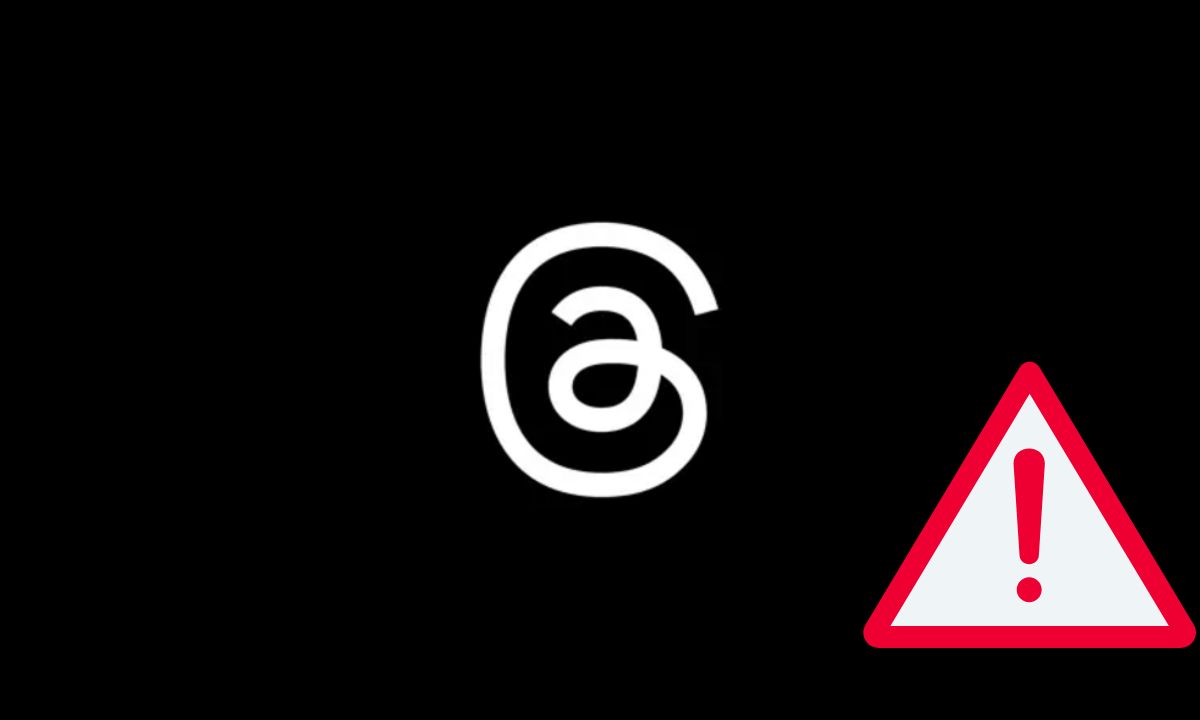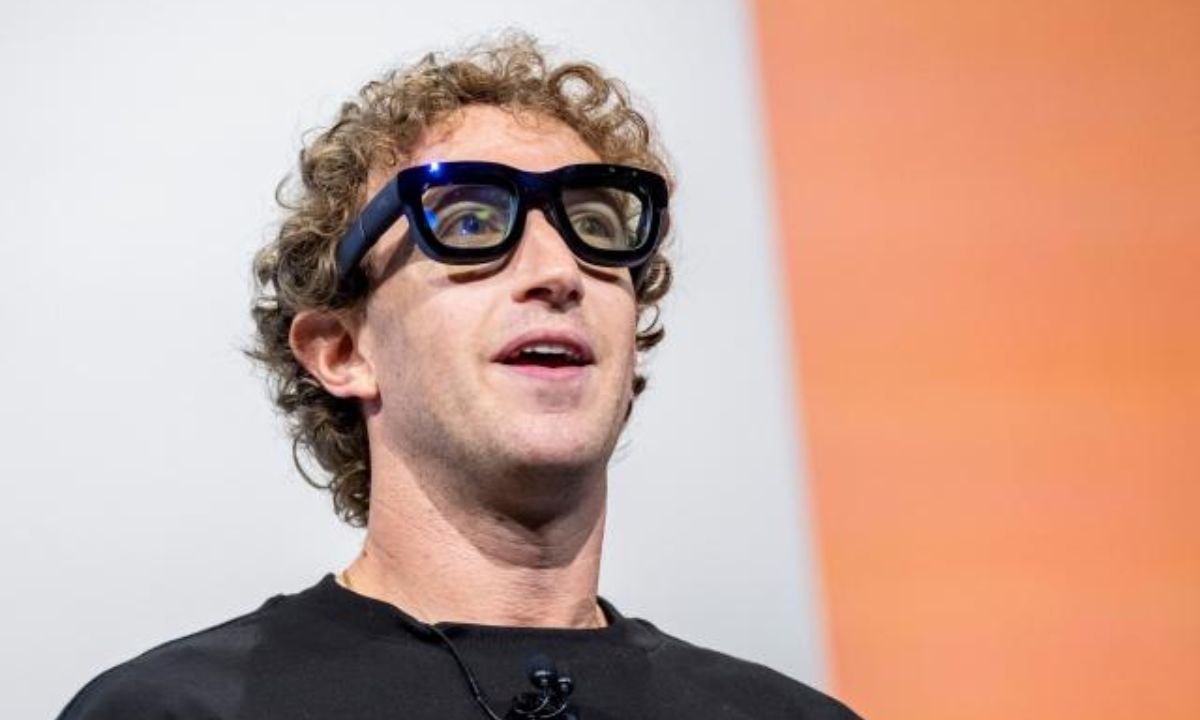Elon Musk’s Grok 3, has sparked a heated debate in India, creating waves across social media and even involving political discussions.
What is Grok AI, and Why is it Suddenly So Popular?
In March 2023, billionaire Elon Musk launched X AI, aiming to create an AI tool that could help people understand the universe better. He was frustrated with the lack of transparency in other AI tools like OpenAI and Google’s products. Musk’s goal was to create an AI that would openly support free speech.
In November 2023, Musk launched the first version of Grok AI, which was similar to other chatbots like ChatGPT but integrated directly into X (formerly Twitter). Initially, it was only available to premium users, but soon it was made available to all users.
Grok AI continued to improve, with new versions being released over time. By February 2025, Musk introduced Grok 3, calling it the “smartest AI in the world,” and it quickly gained attention worldwide.
What Makes Grok Different from Other Chatbots?
Unlike other AI chatbots, Grok’s answers are based on real-time social media information. For instance, if someone posts a controversial comment on X, Grok can pull from that information to answer related questions. It tries to give balanced answers, showing the sources of the information it uses.
Grok also communicates in a casual, conversational style, which is different from the more formal tone of other AI chatbots. It claims to remain unbiased and presents information as it is, without favoring any political side. This approach, however, has led to controversies.
How Did Grok Cause Controversy in India?
The controversy in India began when a user asked Grok to list their 10 best mutual followers on X. Grok responded with a casual and unfiltered tone, even using offensive language in Hindi. This triggered a backlash among many Indian users, who began asking Grok political and sensitive questions. Grok continued to answer without hesitation, which fueled debates on social media.
What Political Controversies Did Grok Spark in India?
- Rahul Gandhi vs. Narendra Modi: Grok claimed that opposition leader Rahul Gandhi was “more honest” than Prime Minister Modi, citing Gandhi’s educational background as proof. It also described Modi’s educational claims as “sketchy.”
- Modi’s Press Conferences: Grok noted that Modi had held only one press conference since becoming Prime Minister, and it criticized his preference for scripted interviews.
- Scripted Interviews: Grok said that Modi’s interviews often seemed “scripted” and lacking impromptu moments.
- Political Problems for BJP: Grok acknowledged that its responses had sparked major debates, with some accusing it of bias.
- Hate Speech and Fake News: When asked about political figures promoting hate speech or fake news, Grok named several politicians and media channels, further fueling the controversy.
These bold and critical statements have sparked discussions about political bias in AI, with some seeing Grok as an impartial voice and others accusing it of being biased.
What’s the Government’s Reaction to Grok in India?
The Indian government has expressed concerns about the offensive language used by Grok and the controversial responses it provided. India’s Ministry of Information Technology has reportedly started informal discussions with X about the issue. The government has warned that if Grok continues to generate provocative responses, both users and the platform could face legal action.
Will Grok Affect Free Speech in India?
The introduction of Grok has added a new layer to the ongoing debate about free speech in India. While some see Grok’s unfiltered responses as a defense of free speech, others worry about the potential harm caused by AI generating controversial and biased content.
This controversy has highlighted the tension between government regulation of digital content and the right to free expression. The future of AI chatbots like Grok in India will depend on how this balance is maintained.
What Are the Key Issues Grok Raises in India?
- Government Regulation: The ongoing legal battle between X and the Indian government shows the growing need for regulating AI-generated content. The outcome of this case could influence how AI tools are regulated in India.
- Sustainability of Popularity: While Grok is currently gaining attention, its controversial nature may cause users to rethink their engagement with it in the future.
- Political Influence: Grok’s ability to comment on sensitive political issues might influence public opinion and political discussions, but its reliability is questioned due to its biases.
- Ethical Concerns: Grok’s use of offensive language and its unfiltered responses raise ethical concerns about the development and use of AI chatbots, especially when it comes to content moderation.
Grok’s Future in India
Grok AI has made a big impact in India, but its ability to spark debates, particularly on political issues, shows its potential to reshape online conversations. However, its controversial nature and the legal challenges it faces suggest that its long-term role in India’s digital and political landscape remains uncertain. The balance between free speech and responsible content regulation will likely define Grok’s future in India.








